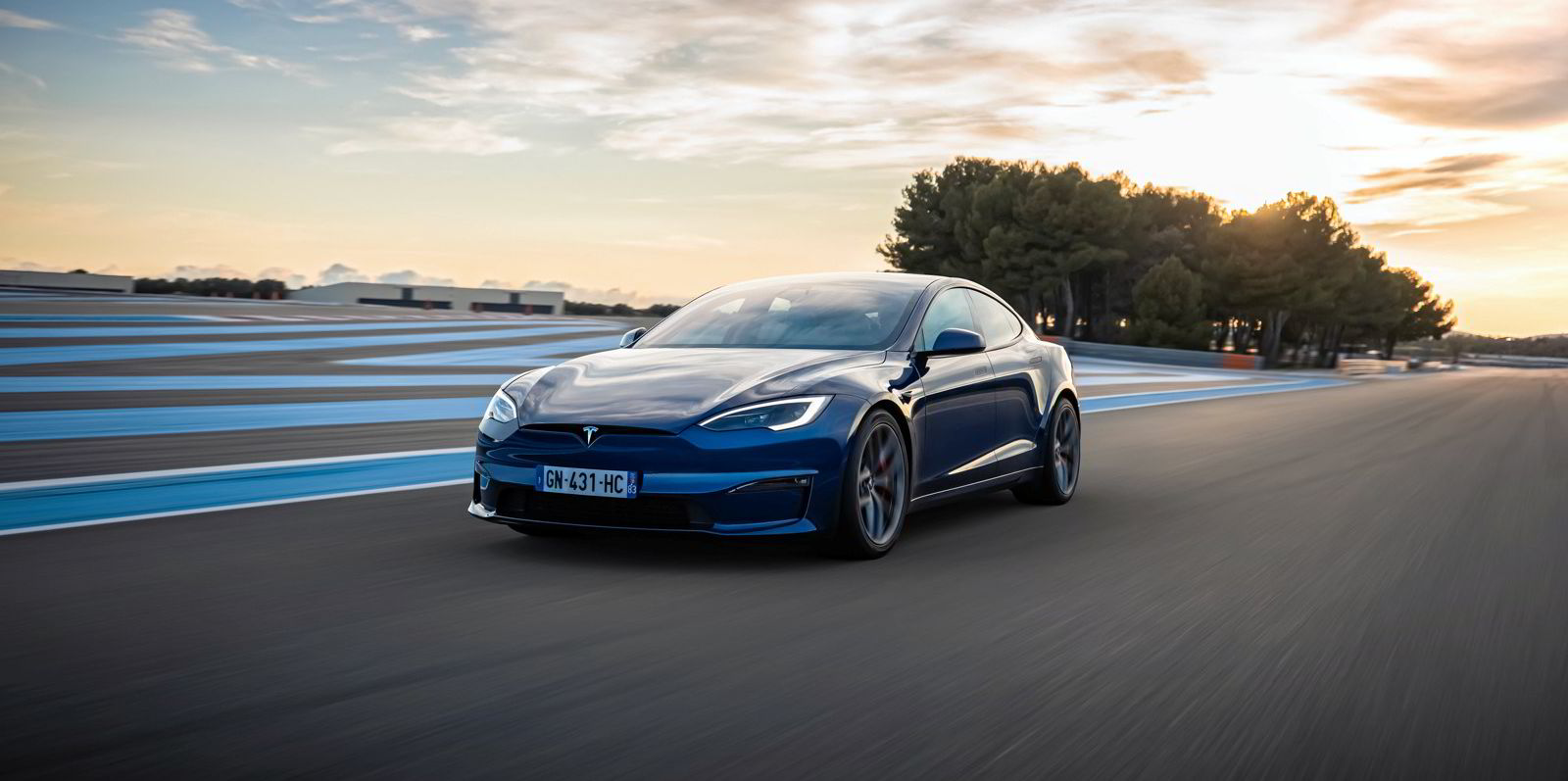Germany with half a year delay has achieved its 2020 target to get one million electric vehicles on its roads, with 57,000 being registered in July alone.
The statistic includes plug-in hybrids and fuel cell cars that run on hydrogen.
“One million electric cars mean a million times less CO2 emissions in traffic, because 60% of greenhouse gas emissions from traffic in Germany are attributable to cars alone,” said environment minister Svenja Schulze.
“Electric vehicles are the most efficient, climate-friendly option in the passenger car sector because they bring the energy used directly onto the road. Those who switch to an electric car also save money. In the long term, charging electricity is cheaper than filling up at the petrol pump.”
Germany’s car industry increasingly bets on e-mobility, with top seller Volkswagen planning to boost the share of electric vehicles as part of is European sales to 60% by 2030. VW has earmarked $14bn alone for battery cell orders from Swedish manufacturer Northvolt.
It is unclear, however, where the additional renewable electricity should come from that is needed once most of Europe’s cars run on electricity. Germany recently has moved forward its net-zero climate target to 2045, but left establishing new renewables targets and removing barriers to the green energy expansion to the next government after late September general elections.
Transport minister Andreas Scheuer said to reach Germany’s 2030 climate goals, experts reckon that 14m electric vehicles need to be on its roads.
“We can only do that if the framework conditions are right,” Scheuer said.
“That is why we primarily support the expansion of the charging infrastructure - in the public as well as in the private sector - but also modes of transport with a low market penetration so far, such as commercial vehicles and buses.”
Economics and energy minister Peter Altmaier has pledged to extend a bonus programme to incentivise the purchase of electric vehicles until 2025.



